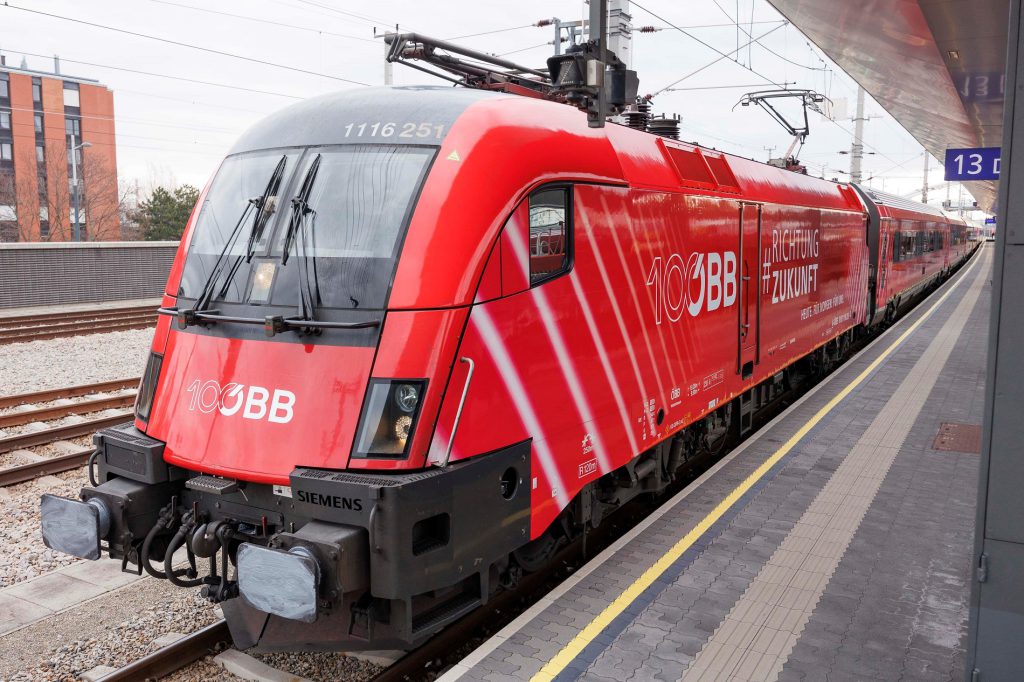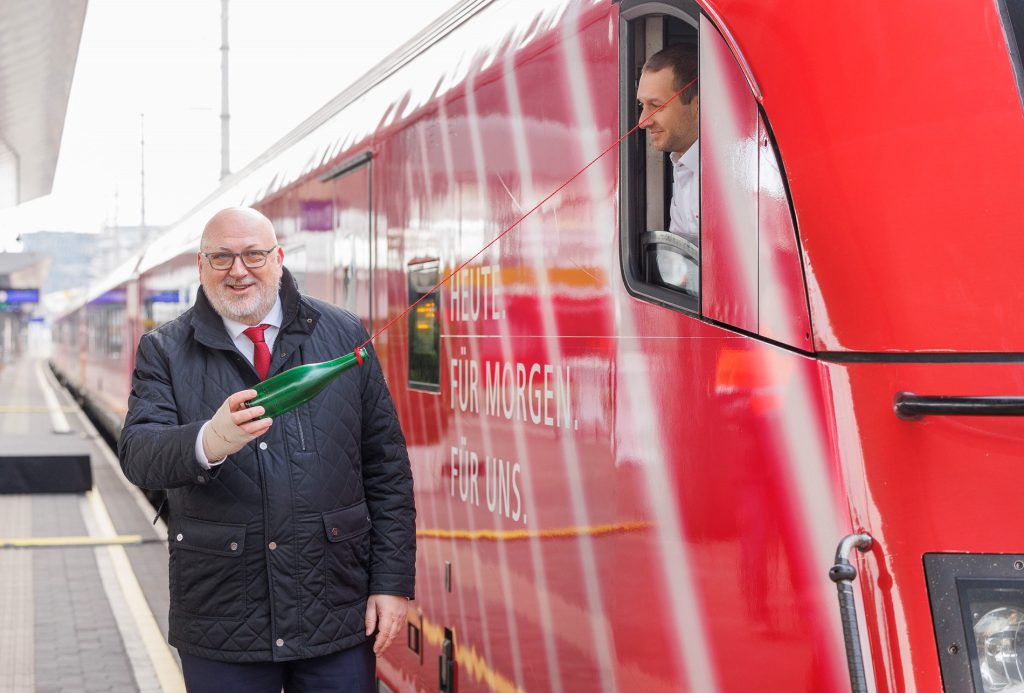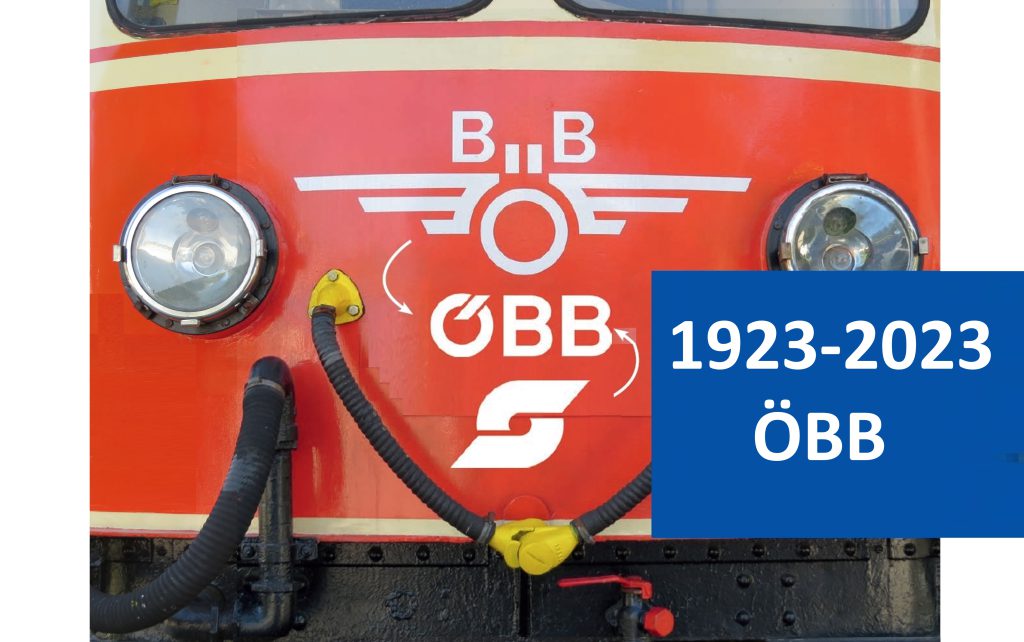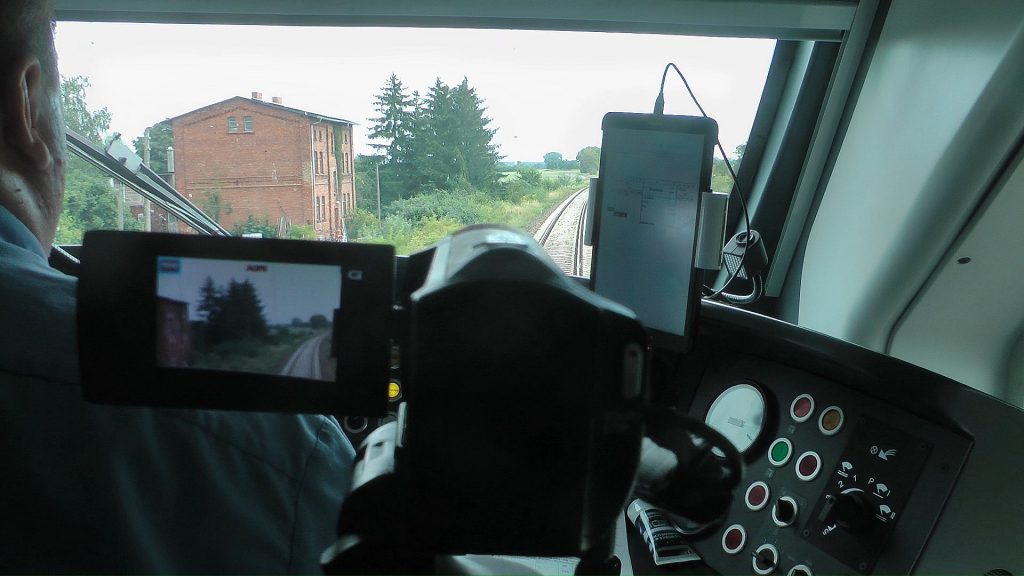The basis was the Federal Railways Act of the Austrian National Council of July 19, 1923, which for the first time created the state railways as a legal entity under public law and no longer as part of a ministerial state structure. The name “Bundesbahnen Österreichs” BBÖ was initially chosen, since the abbreviation ÖBB was occupied by the small Swiss private Oensingen-Balsthal-Bahn in the canton of Solothurn in the interwar period.
Even in the founding years, the Federal Railways not only transported people and goods for their own population, but also boosted tourism. The railways participated in tourism advertising. The incorporation of the BBÖ by the Deutsche Reichsbahn during the Nazi regime was followed in 1947 by the reestablishment of the ÖBB as the Austrian state railways. They pushed ahead with modernization with the electrification of the railway lines, but as in many European countries, they also had to endure lean years because of the social and political preference for private cars and trucks in the transport sector.
Between 1974 and 2004, the graphic symbol of the ÖBB consisted of two arched parts leading to each other. The nickname of this emblem, “Pflatsch”, is hardly understandable for rail enthusiasts outside of the southern German-Austrian language regions. The word is supposed to mean an onomatopoeic clapping, possibly referring to water, splashing or paddling, a wet puddle or derived from the Indo-European “plat” also meaning flat, possibly also associated with the “thrown down” legacies of a bird. None of these explanations seem to be really appropriate or understandable internationally. The emblem as such emerged from a competition. It is dynamic and beautiful, but certainly wouldn’t remind anyone of the railways.

So one can congratulate the ÖBB that they now operate with a logo that is widely recognizable and understandable. Above all, however, we should congratulate the Austrian railway workers on their anniversary, which ÖBB CEO Andreas Matthä welcomed as follows: “It’s not for nothing that the 100th anniversary of ÖBB has the motto ‘Towards the future’. The ÖBB team has been working on innovations for sustainable mobility for 100 years. In the anniversary year, we will not only look back on our history with a degree of pride, but above all set the course for the next 100 years towards the future.”
Anniversary year with special birthday highlights

For the 100th anniversary, ÖBB will publish a special book, be on the road with various events and a mobile exhibition throughout Austria and celebrate ÖBB’s birthday on October 1, 2023 with special customer offers and highlights. This is announced by the ÖBB. However, another special campaign has already been carried out. At the start of ÖBB’s anniversary year, a special Railjet was officially “christened” and sent on its journey. The 7-part train is decorated with 100 reasons to work for ÖBB. ÖBB is proud that these reasons come from within its own ranks: from 100 ÖBB employees from very different professions such as train drivers, IT experts or shunting employees. “They all want to invite the passengers to join the ÖBB professionally,” say those responsible at ÖBB.
So, the anniversary of the railways should also be used for recruiting. Because ÖBB will be looking for around 3,000 new employees every year in the coming years due to the generational change. By 2027, around a fifth of current active employees will retire. Overall, ÖBB will offer around 15,000 jobs on the Austrian labor market over the next five years.
Hermann Schmidtendorf, chief editor









